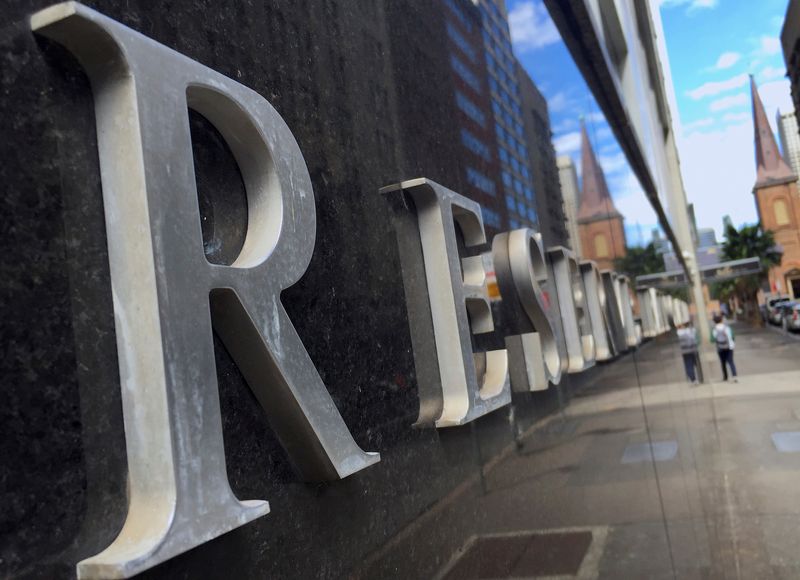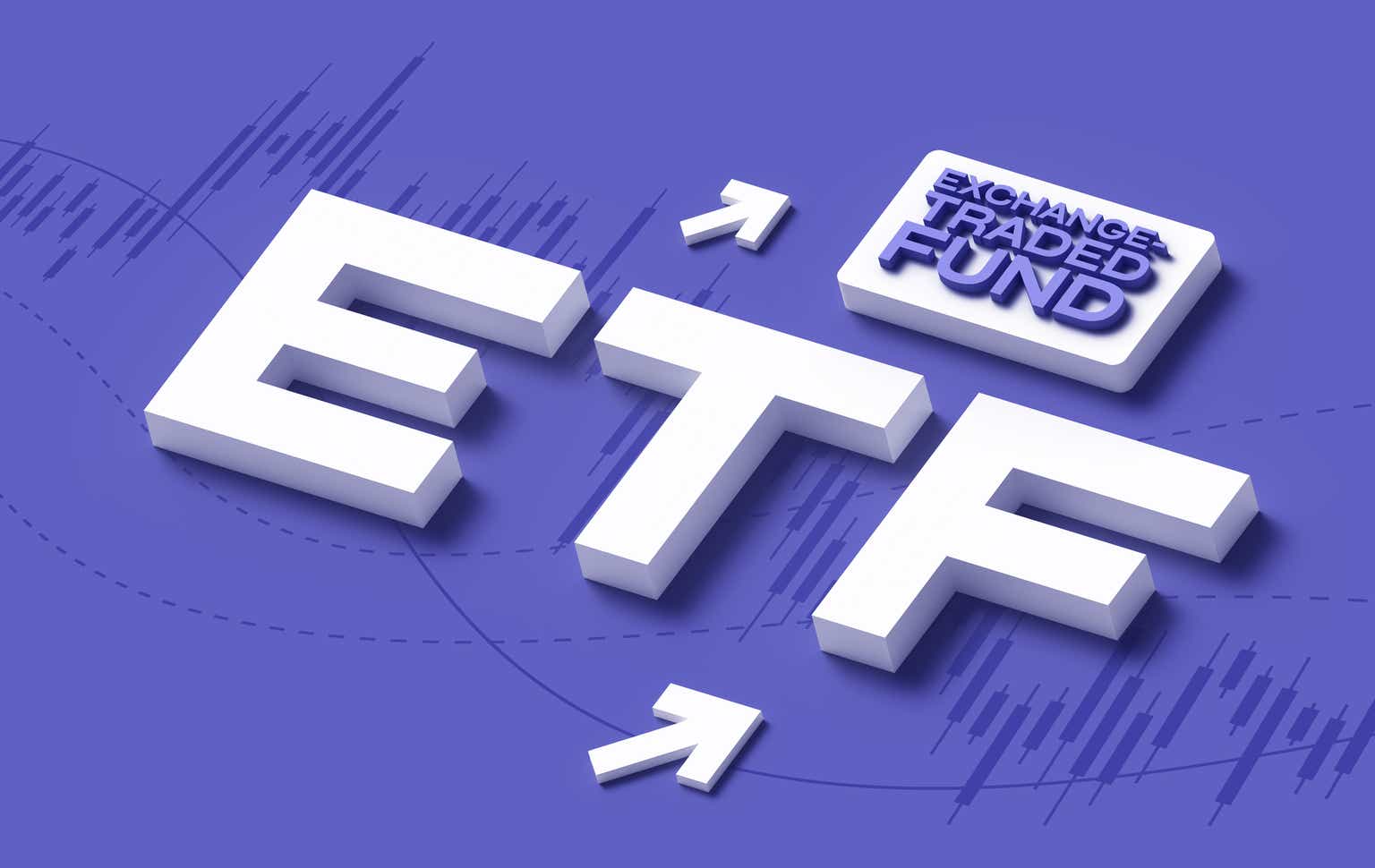[ad_1]

© Reuters. A pedestrian is mirrored in a wall of the Reserve Financial institution of Australia (RBA) head workplace in central Sydney, Australia, October 3, 2016. Image taken October 3, 2016. REUTERS/David Grey/File Photograph
By Lewis Jackson
SYDNEY (Reuters) – Australia will give its central financial institution new powers to take over and if essential, wind up, clearing and settlement suppliers prone to failure, based on draft laws launched on Friday.
Within the occasion of a significant monetary disaster or insolvency, the Reserve Financial institution of Australia (RBA) can be empowered to direct the operations of a distressed clearing and settlement supplier to maintain markets functioning and even orchestrate a breakup or sale.
Clearing and settlement corporations guarantee a inventory, bond or derivatives commerce is safely concluded with possession and custody swapped for money.
“The RBA might have to make use of instruments to take management of a physique company in instances the place it doesn’t trust that the board and administration is able to resolving a disaster satisfactorily,” based on explanatory supplies launched by Treasury.
The draft laws open for session till February additionally empowers the RBA to work with international regulators if a global agency working in Australia will get into hassle.
4 systematically vital home clearing and settlements corporations and two worldwide corporations presently function in Australia.
The draft follows laws handed in September to create extra competitors in clearings and settlement, which is dominated by inventory market operator ASX Ltd.
The Council of Monetary Regulators, a physique together with the RBA, securities regulator, Treasury and the prudential regulator, beneficial the adjustments in 2020 to deal with monetary market dangers uncovered by the 2008 monetary disaster and COVID.
The draft laws additionally offers the securities regulator and RBA new licensing, supervisory and enforcement powers over monetary market infrastructure, an umbrella time period together with exchanges, by-product commerce repositories and benchmark directors.
These entities help roughly A$16.5 trillion ($11.05 trillion) in securities transactions and A$160 trillion in derivatives transactions every year.
($1 = 1.4932 Australian {dollars})
[ad_2]
Source link







